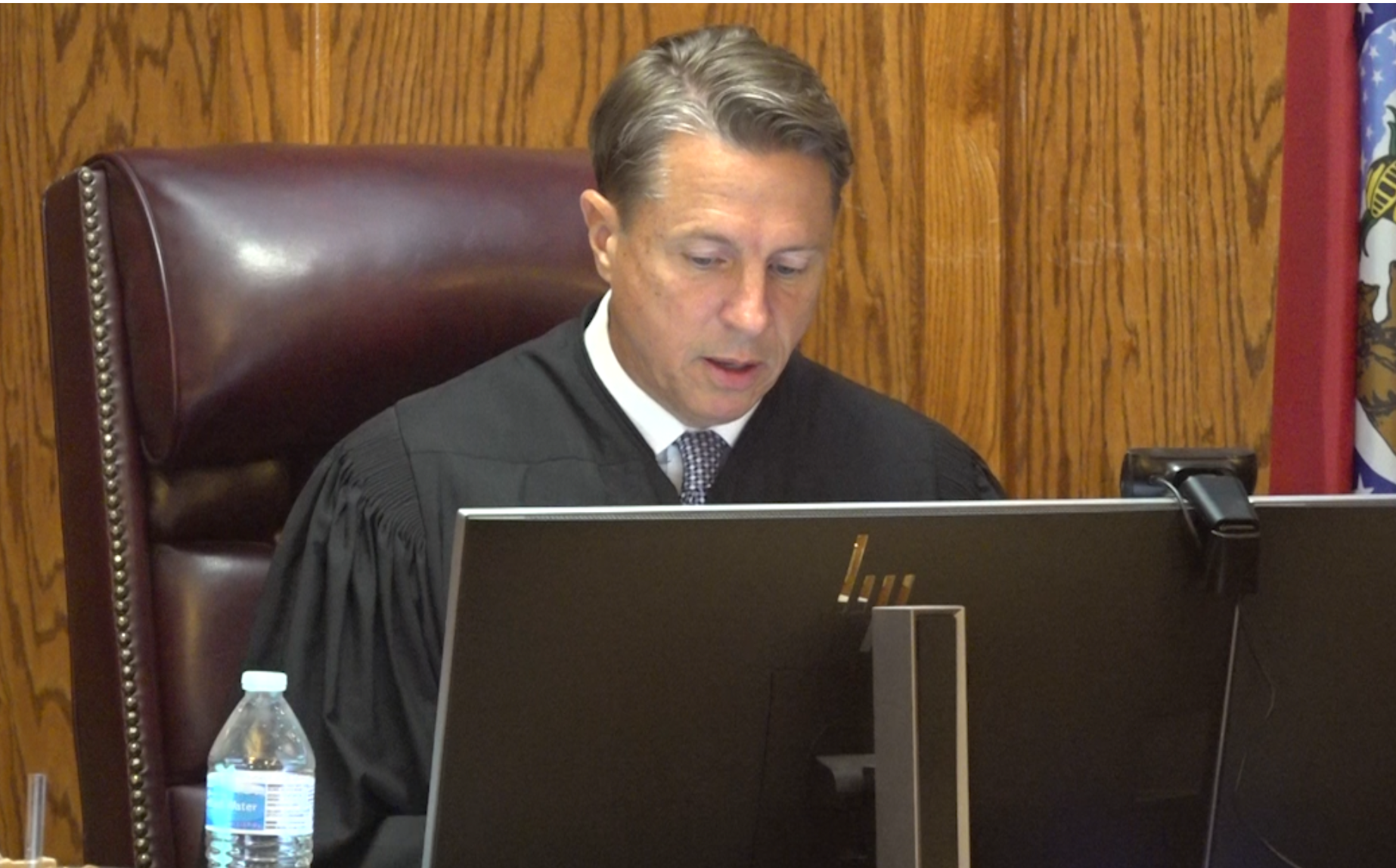
Apart from a drafting error, the summary written by Secretary of State Denny Hoskins was deemed ‘sufficient’ by a Cole County judge.
By:Annelise Hanshaw
Missouri Independent
A ballot summary describing a proposed amendment to Missouri’s Constitution as “limiting parental choice in education” is sufficient, a Cole County judge ruled last week.
Secretary of State Denny Hoskins must only correct a drafting error for his description of the initiative petition to be “concise, neutral and sufficient,” Judge Cotton Walker wrote.
The lawsuit, filed by attorney Duane Martin of the public education law firm EdCounsel, says the amendment seeks to “prohibit the use of state and local public funds for nonpublic schools for nondisabled students.”
Martin argued that Hoskins’ ballot summary contained several statements “that are unfair, insufficient or misleading.” Specifically, he pointed to the summary’s statement that the initiative petition would “eliminate existing programs that provide direct aid to students with special education needs by prohibiting the use of public funds for educational services provided by nonpublic schools.”
This is “misleading at best,” Martin wrote, since the amendment states that “public funds or public aid may be used to pay private individuals or entities for educational or other services to be provided to individuals with disabilities.”
Hoskins argues that the amendment is likely to upend MOScholars, the state’s K-12 scholarship program, which benefits nondisabled and disabled students.
“Even if the State could find workable statutory amendments or regulations to restrict the MOScholars program to comply with the proposed amendment, the program would be eliminated in its current form and need substantial alterations to comply with the proposed language,” wrote Andrew Crane, the deputy chief counsel for the attorney general’s office.
Martin also disputes the characterization that the proposed amendment would “limit parental choice.” He wrote that the amendment wouldn’t eliminate nonpublic schools, so private education would continue to be available — though it wouldn’t be subsidized by the state.
“The only thing that would change is that public funds would not be used to pay the tuition of a nondisabled student, if the parent chooses to send their child to an in-person, private school,” he wrote.
Hoskins argues that limiting education to what parents can afford is indeed “limiting parental choice.”
“Limiting parental choice programs is a central aim of the proposed amendment and the first bullet point is necessary to properly inform voters on that point,” Crane wrote.
Walker didn’t get into the details of the debate over private school funding, but he wrote that Hoskins’ description “fairly and impartially states the purpose and probable effect of the proposed constitutional amendment.”
“Courts do not ask whether the secretary chose the best possible wording, only whether the language fairly and impartially summarizes the measure’s central purpose,” he continued in his five-page decision.
The only issue is a bullet point that says the amendment would “define most charter schools as nonpublic unless approved by voters or school boards before June 30, 2025.”
The proposed amendment would not change the status of charter schools operating prior to June 30. Only new charters would be considered nonpublic.
Walker’s ruling directs Hoskins to fix the “drafting error,” but otherwise upholds the other two contested bullet points.
Martin plans to appeal the decision, he told The Independent.
“We are disappointed in the decision, particularly in light of the plain language of the proposed amendment creating an exception for students with disabilities,” he said.
A court challenge of a separate pro-public-education petition is still pending.








